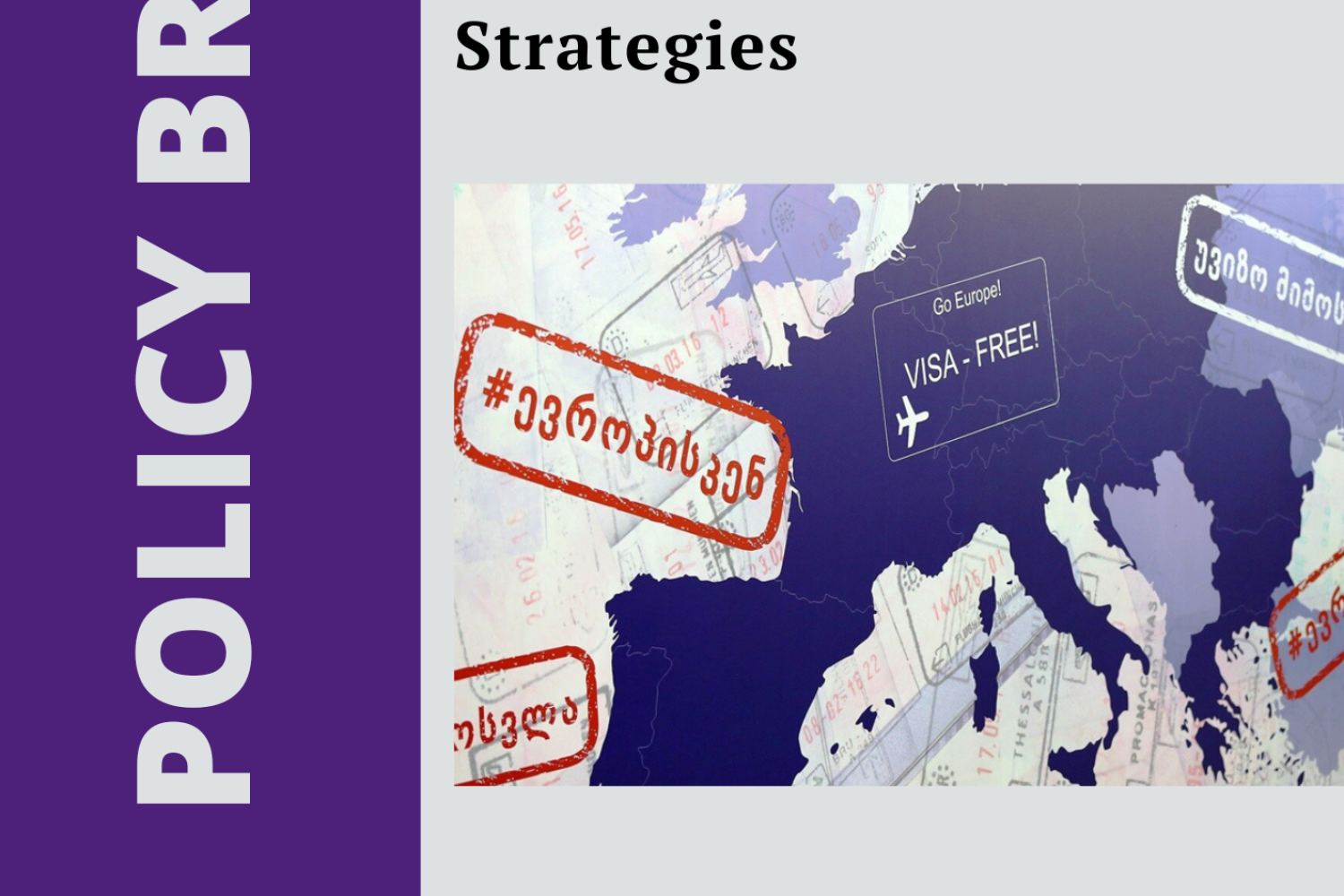2024-07-11 12:26:15
The EU Visa Suspension Mechanism (VSM) is a regulatory tool designed to ensure that third countries benefiting from visa-free travel to the Schengen area adhere to specific conditions. The European Commission has recently proposed amendments to the VSM to enhance its effectiveness by introducing stricter activation thresholds and expanded suspension grounds. This policy brief assesses the potential impact on Georgia of these proposed VSM revisions..
Using Eurostat data from 25 EU Schengen countries, this analysis focuses on asylum applicants, entry refusals, and illegal presence. Chi-squared tests for proportions compare Georgia’s data against both existing and proposed thresholds, revealing a significant increase in the likelihood of VSM activation under the new criteria in three out of four categories. The broadened suspension criteria, particularly concerning external relations, fundamental rights, and alignment with EU visa policy, are identified as the most challenging areas based on the European Commission’s latest VSM report and recent political developments in Georgia.
The recommendations for the Georgian government emphasize the need for immediate and targeted actions to align with VSM standards. These include strengthening diplomatic efforts, revising controversial laws, enhancing monitoring and reporting systems, conducting public awareness campaigns, improving border management and aligning visa policies.
Key Words: Visa Suspension Mechanism (VSM); EU Visa Policy; Schengen Area; Georgia; Visa-Free Travel; Irregular Migration




